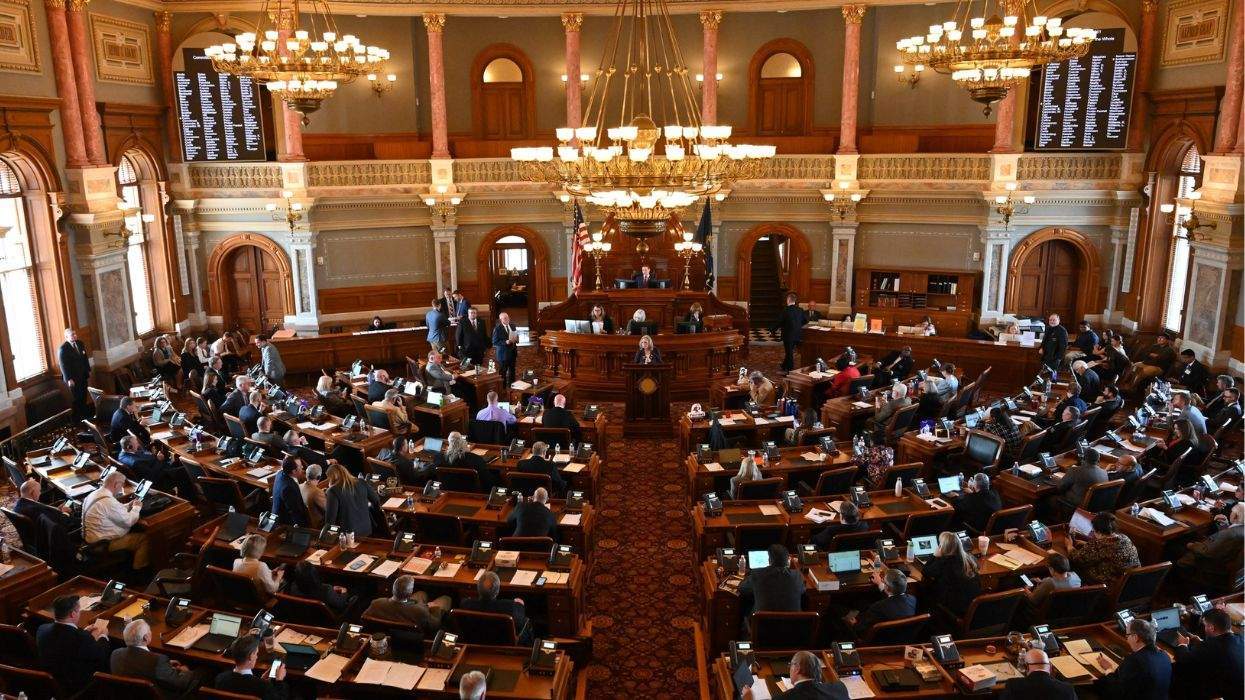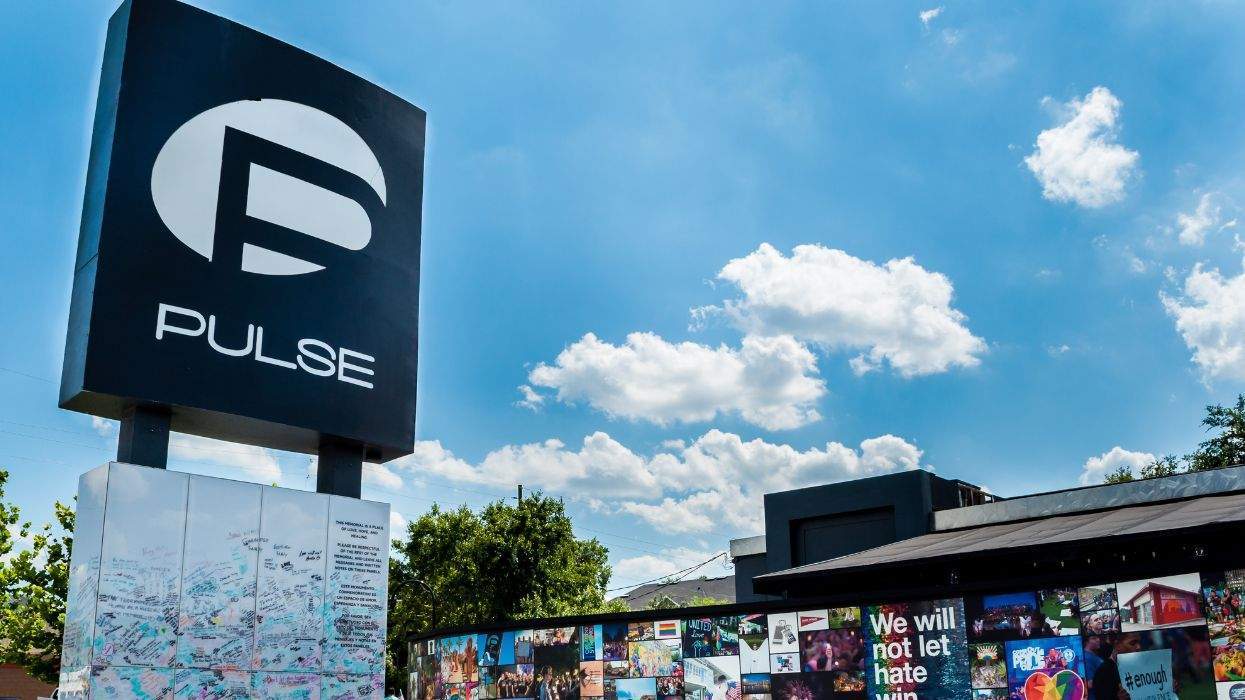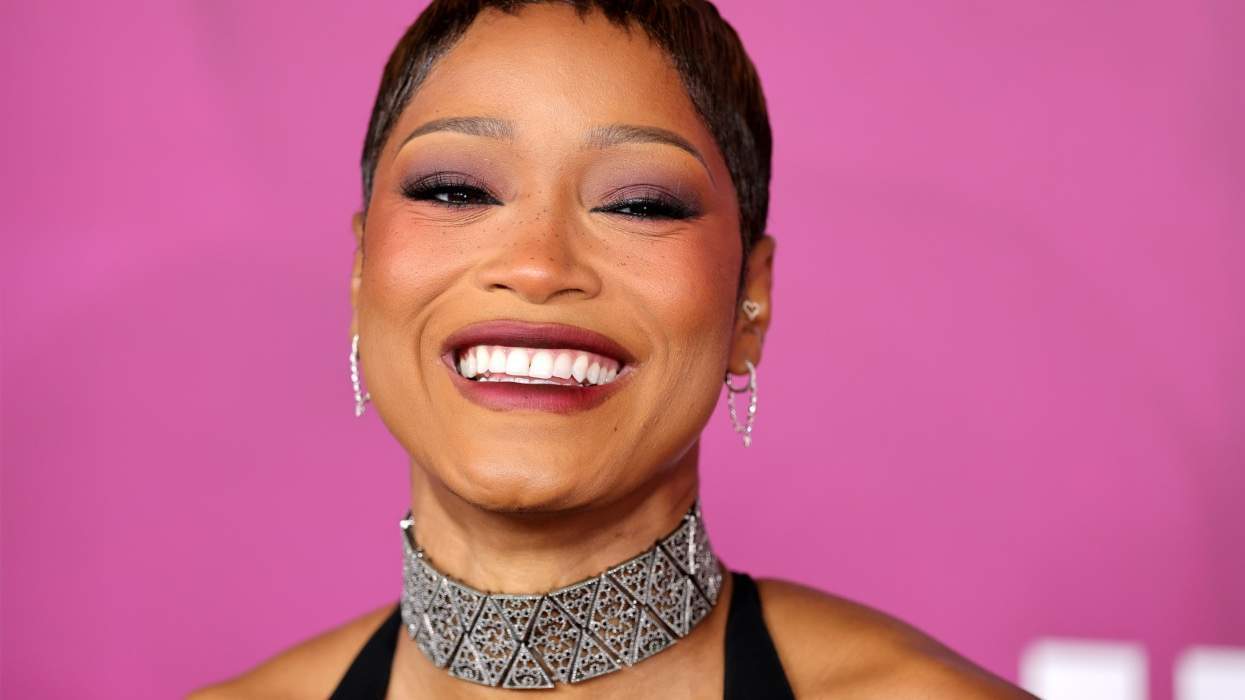Two of the most important cases in gay rights since Lawrence v. Texas blew the roof off state-sanctioned homophobia occurred this year in California courtrooms. One trial made consistent headlines. The other didn't. While you likely experienced the Proposition 8 case via heated protests and press conferences, the other took place in a sterile courtroom with young Justice Department attorneys in bad suits defending the 1993 "don't ask, don't tell" law.
Their opponents were led by Dan Woods, a Los Angeles attorney who spoke in low, measured tones even when outraged by a continuous stream of objections. He had no experience in litigating gay rights cases but worked on this one since 2004. The air-conditioned courtroom belied the 102-degree temperature outside, not out of the ordinary for Riverside, Calif., in July. In the rear of the room four or five reporters with legal pads sat alongside two local LGBT activists. Outside, a lone Associated Press photographer sweated in the shade, disappointed that the media circus never arrived.
It was an unremarkable scene--until the judge's decision was handed down, one 17 years in the making. "The evidence at trial demonstrated that [DADT] does not further significantly the government's important interests in military readiness or unit cohesion, nor is it necessary to further those interests," U.S. district judge Virginia Phillips wrote. The case, stemming from a suit by the Log Cabin Republicans, not only resulted in a groundbreaking opinion but, like the Proposition 8 trial that took place six months earlier and 400 miles away, provided a rare witness-stand glimpse of how antigay discrimination can destroy.
"It did have the sense of, well, you know, I really didn't deserve to be married," Kristin Perry, a plaintiff in the Perry v. Schwarzenegger suit against Prop. 8, told a packed courtroom about the state supreme court invalidating her 2004 marriage to Sandy Stier.
Former Navy petty officer third class Joseph Christopher Rocha gave similarly pained testimony in Log Cabin Republicans v. United States of America. "I don't know that I've ever quite recovered from that. It was dehumanizing. I felt like an animal," he said, describing the abuse he suffered at the hands of a superior whom he did not report for fear of being discharged.
In December a three-judge panel will hear an appeal from supporters of Prop. 8 who decry the ruling by one "biased judge." At press time the Justice Department had not indicated whether it will appeal the decision striking down DADT.
But beneath endless analysis and political machinations on gay rights is another trial record--one that, like the case that led to the end of state sodomy laws, may be key to putting another painful chapter in antigay discrimination to rest. "The testimony was so emotional and powerful, and it meant so much to them to be there," Woods says of Rocha and other discharged service members who participated in the trial. "To think that our government basically kicked those very impressive people out of our military service only reinforced to us the strength of our case."















